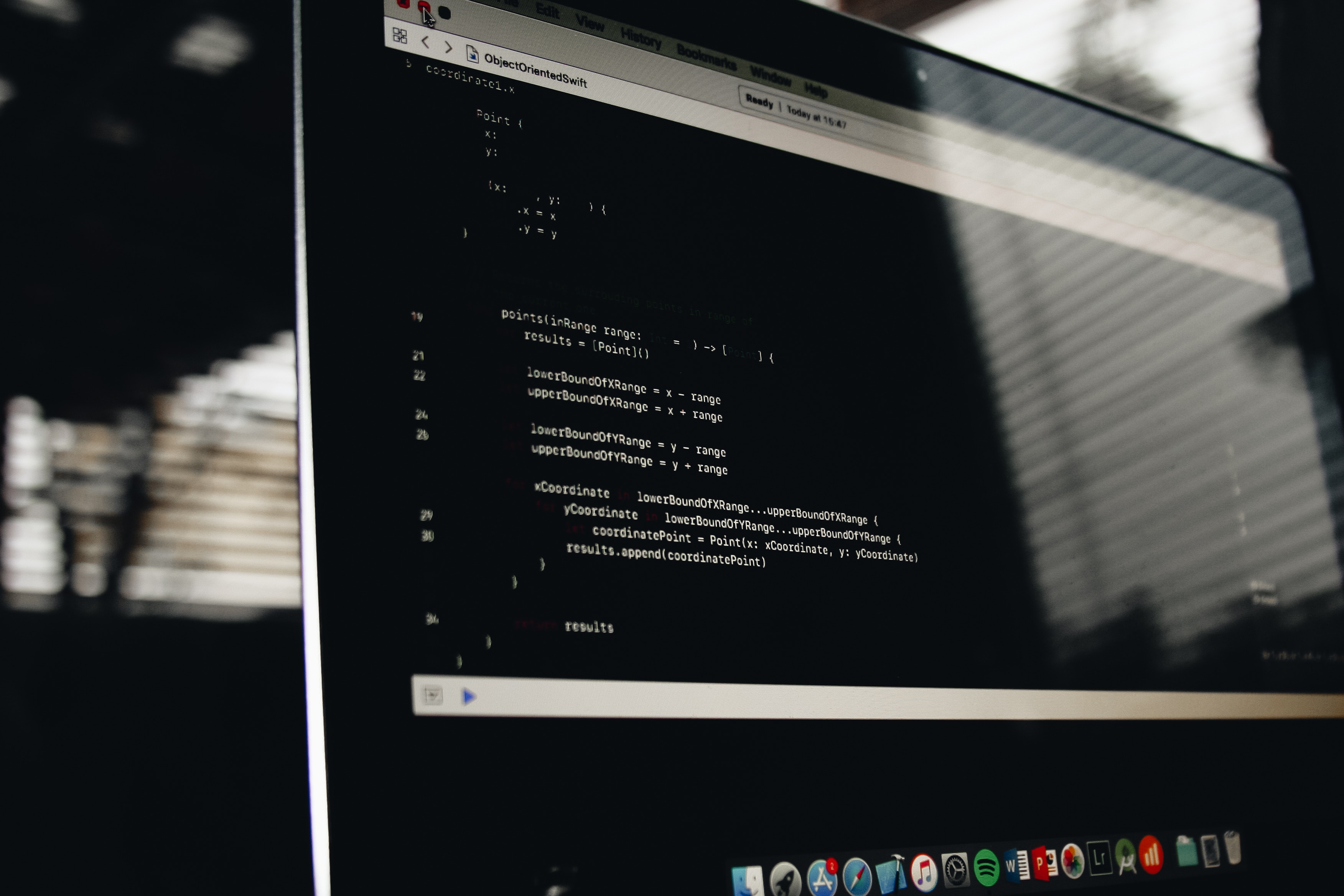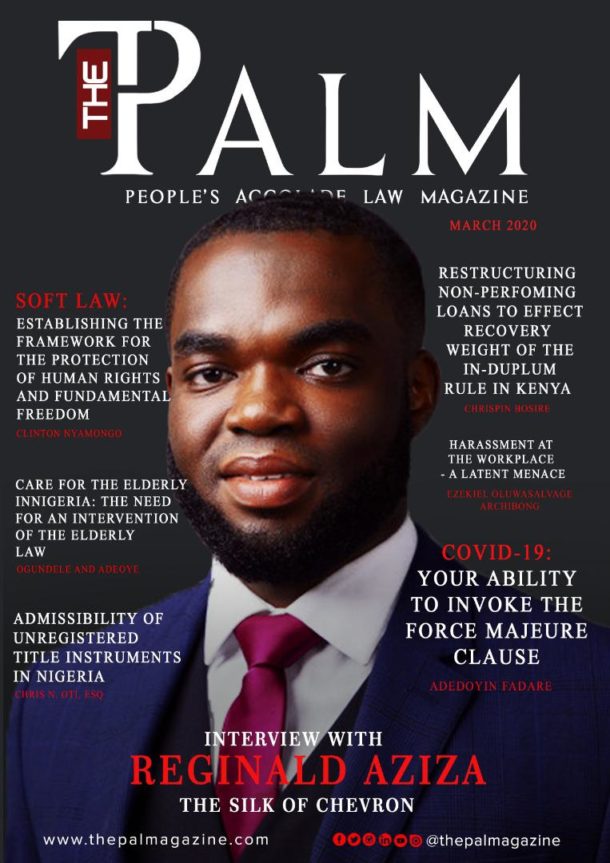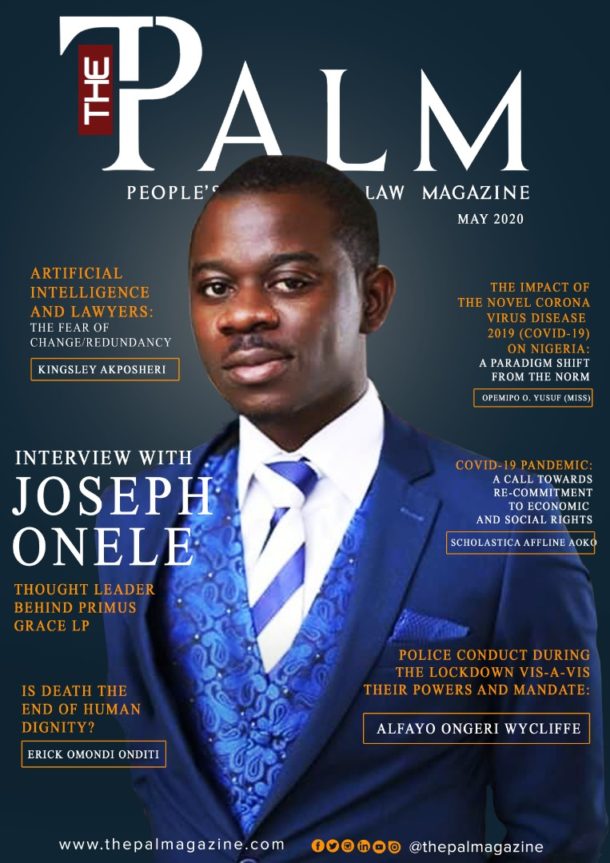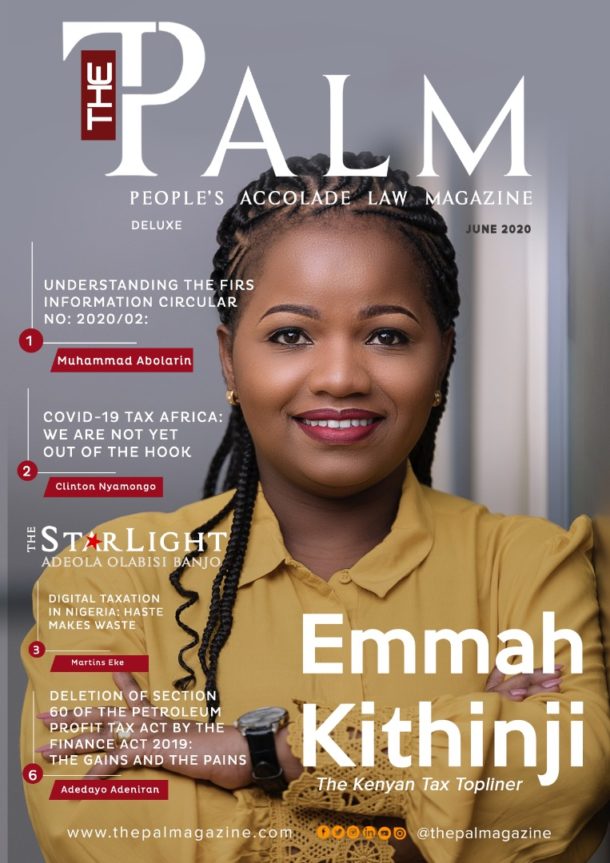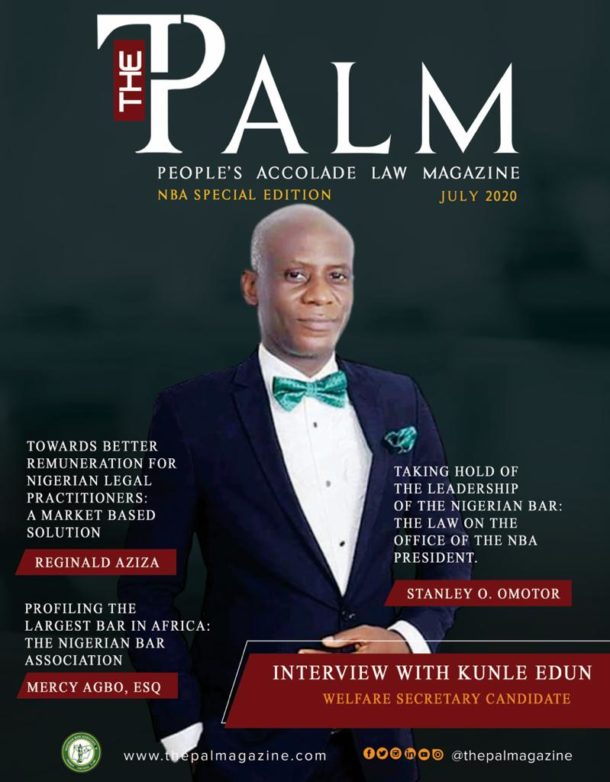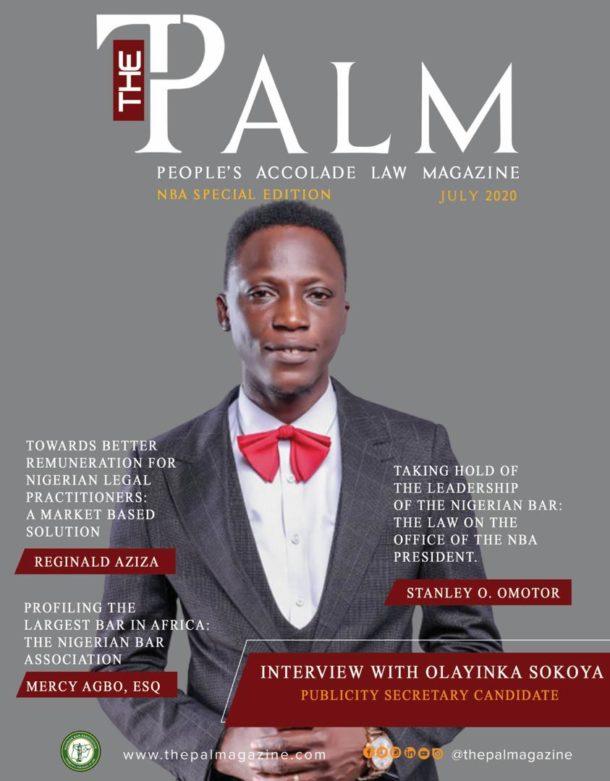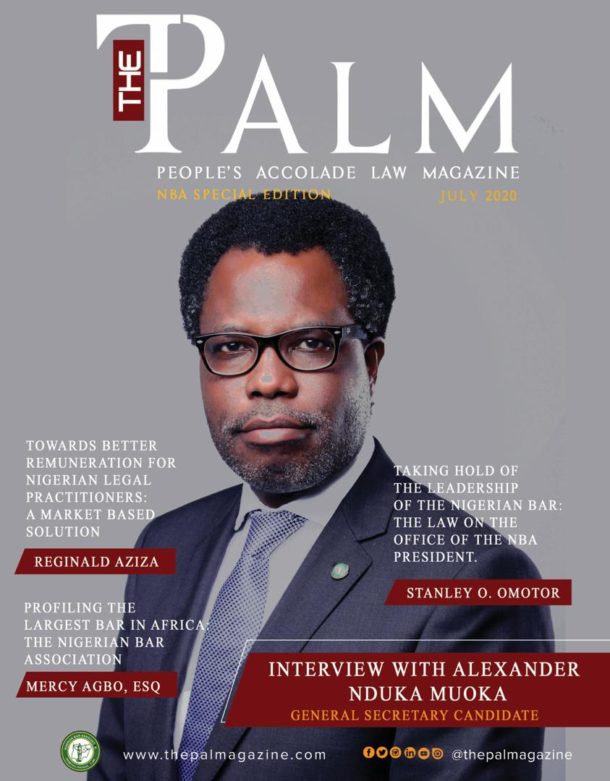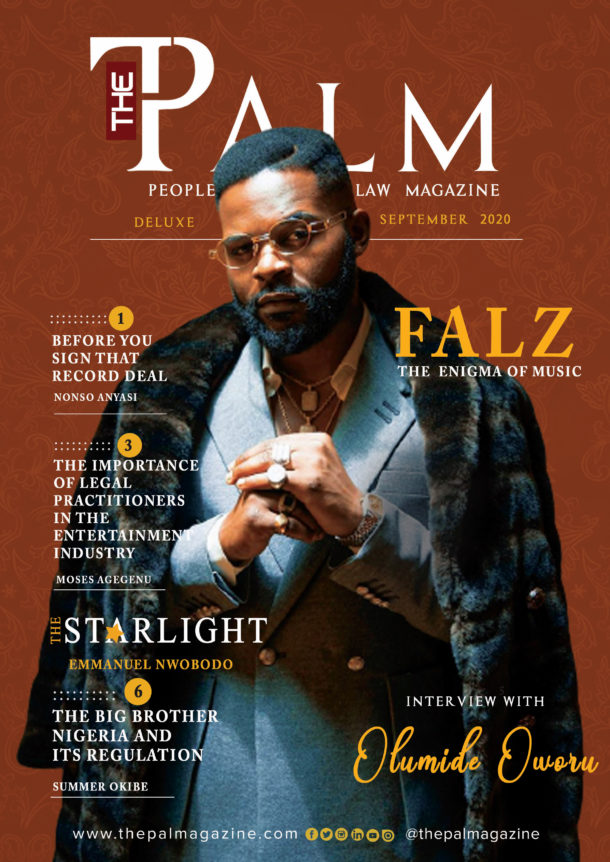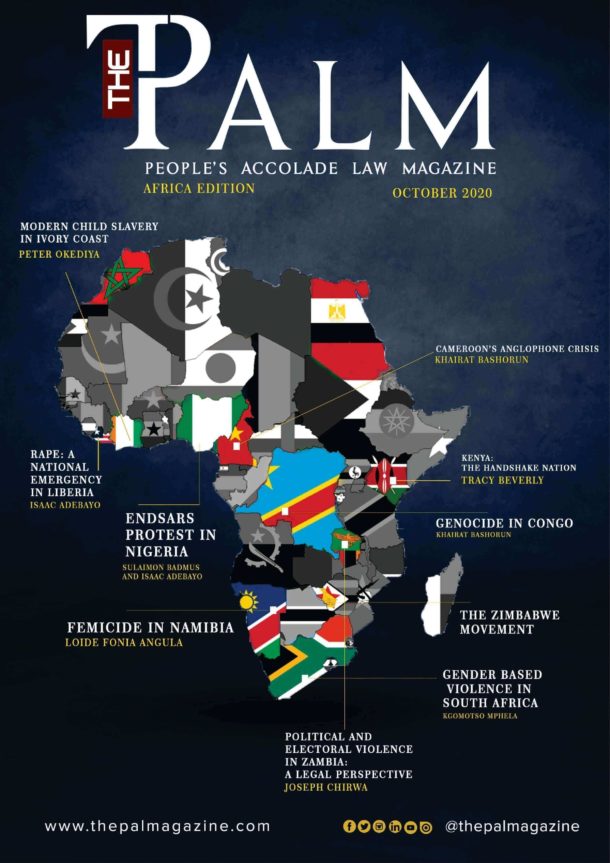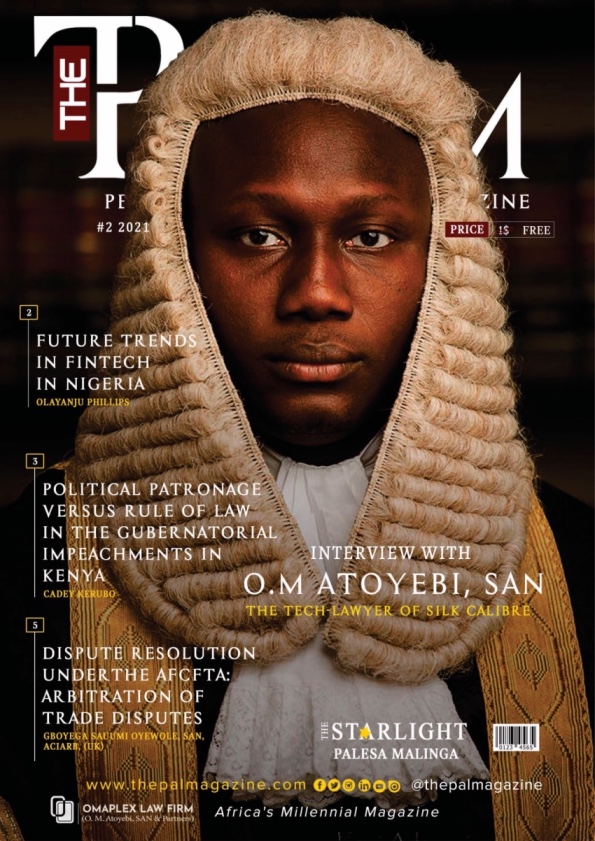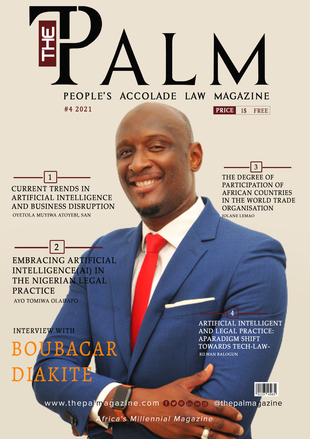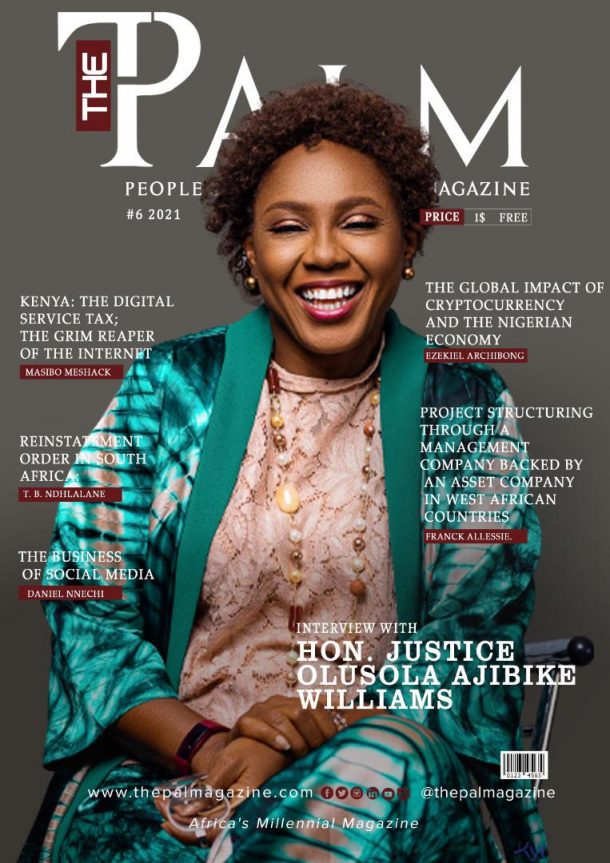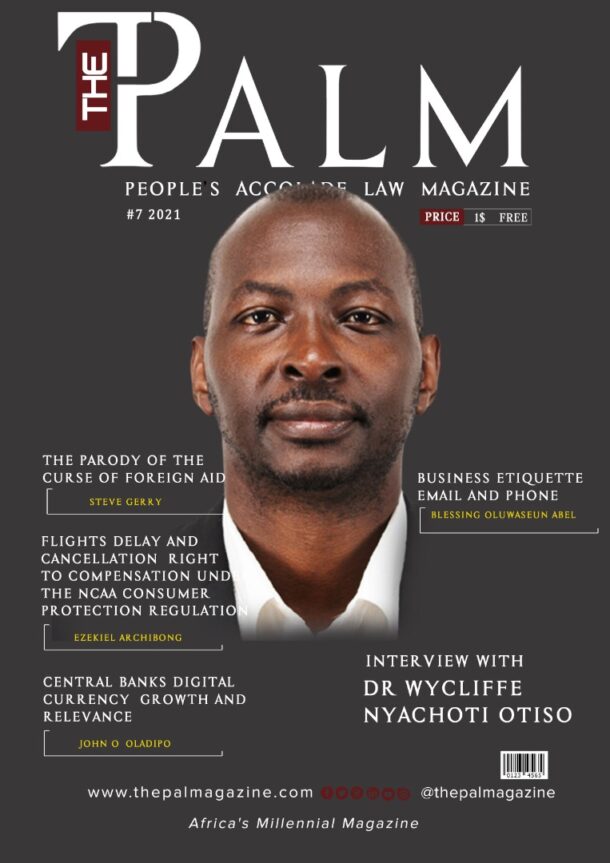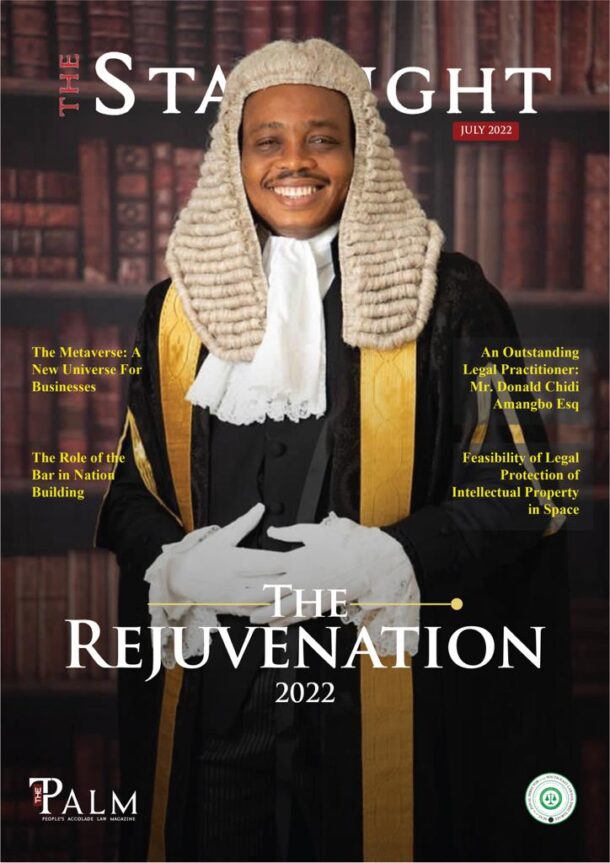Copyright refers to the ownership rights that an author has in the work they have created. It automatically protects the expression of such creative or original works as music, computer programs or codes, photographs, drawings, etcetera. in a fixed medium. Apart from fixation in a definite medium of expression, it is also important that—for musical, literary, and artistic work—sufficient effort has been expended in giving the work its original character.
The copyright system is designed to reward those who have devoted their time and resources to producing original contents—it seeks to balance the individual and communal interests by granting an individual copyright owner proprietary right and by protecting their work from unlicensed exploitation or use for a particular period of time after which the proprietary right expires and the work becomes available in the public domain for public use.
Copyright grants authors two types of rights: economic and moral rights. Basically, the economic right encompasses an author’s exclusive ability to exploit their creation and reap financial benefits. In this regard, authors have the right to distribute their works to the public, display, show, or perform their works, and receive some compensation commensurate with the value of their copyrights where their works are sold or licensed out to another person or entity… click here to continue reading




